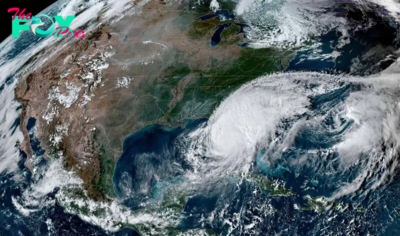Science
Russian cosmonaut returns to Earth after completing record-breaking 1,111th day in space
Veteran Russian cosmonaut Oleg Kononenko has returned to Earth after a record-breaking year-long stay onboard the International Space Station (ISS). The 60-year-old spaceman has now spent 1,111 non-consecutive days in orbit, which is longer than any other astronaut in History — and will likely remain unbeaten for many years.
Kononenko, who turned 60 in June, returned to Earth inside Russia's Soyuz MS-25 spacecraft on Monday (Sept. 23), alongside fellow cosmonaut Nikolai Chub and NASA astronaut Tracy Caldwell Dyson, according to Live Science's sister site Space.com. The trio touched down in the steppe of Kazakhstan around 3.5 hours after undocking from the ISS.
The two cosmonauts, or Russian astronauts, had spent a record-breaking 374 continuous days onboard the space station, narrowly beating NASA astronaut Frank Rubio who inadvertently completed a 371-day stay on the ISS last year after his return craft was damaged. Dyson, meanwhile, returned after spending 184 days in space.
Kononeko first broke the record for most cumulative days in space in February, when he surpassed the 878-day haul of compatriot Gennady Padalka, who set the record in 2015. Kononeko has flown on five different missions to the ISS since 2008, which is how the spaceflight veteran racked up his impressive total.
"Thanks to all my crewmates for your friendship. It has been a great time and pleasure to work and spend time together here as a big family on board the International Space Station," Kononenko said as he was leaving the ISS. "Right now I am leaving my second home."
Related: Space X's Polaris Dawn astronauts 'touch the void' on 1st-ever private spacewalk

During his cumulative time in space, Kononenko has completed roughly 17,800 trips around Earth and spent more than 44 hours in the vacuum of space across seven different spacewalks.
-

 Science3d ago
Science3d agoInside Capitol Hill’s Latest UFO Hearings
-
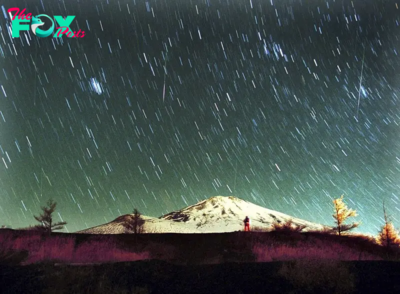
 Science3d ago
Science3d agoYou Won’t Want to Miss the Leonid Meteor Shower. Here’s How and When You Can See It
-

 Science4d ago
Science4d agoHere’s What Trump’s Win Means for NASA
-
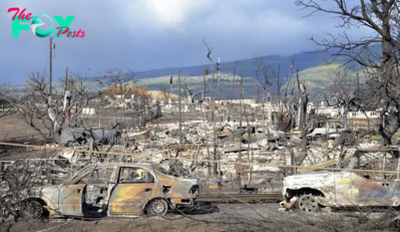
 Science1w ago
Science1w agoWhy Risky Wildfire Zones Have Been Increasing Around the World
-

 Science1w ago
Science1w agoIt’s Time to Redefine What a Megafire Is in the Climate Change Era
-
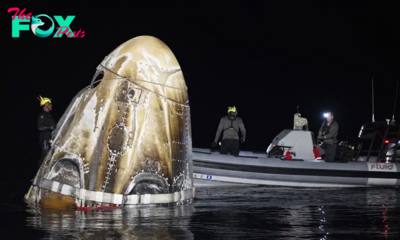
 Science1w ago
Science1w ago4 Astronauts Return to Earth After Being Delayed by Boeing’s Capsule Trouble and Hurricane Milton
-
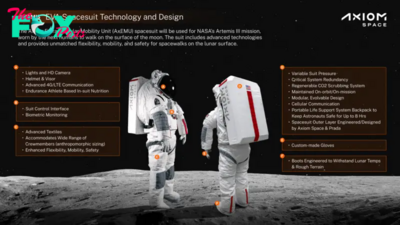
 Science1w ago
Science1w agoThe Elegance and Awkwardness of NASA’s New Moon Suit, Designed by Axiom and Prada
-
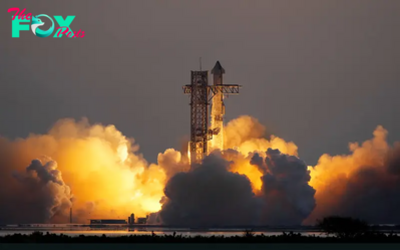
 Science2w ago
Science2w agoSpaceX Launches Its Mega Starship Rocket. This Time, Mechanical Arms Catch It at Landing


